The Act seeks to define rights and obligations of citizens as well as obligations of the Government or State budget towards the health system and sources of revenue. While unnamed sources claim that Health Minister Milan Kujundžić and Finance Minister Zdravko Marić struck a deal according to which financing from State budget would be cut, especially with regard to preventative care for vulnerable groups including children and citizens over 65, the draft Act does not show this is the case. On the contrary, the draft proposes introduction of new sources of revenue, including portion of retail price of cigarettes and strong alcoholic beverages as well as higher income from mandatory automobile insurance for treatment of traffic accident victims.
Payments
These measures should generate approximately HRK 2 billion for the health system, which would have at its disposal close to 25 billion annually and that would, according to the Minister, "stabilize the system as well as prevent new losses." Price of cigarettes and strong alcoholic drinks would go up some 50% according to the draft, share from automobile insurance premium would go up from the current 4% to 7%, and highest participation charges would go up from the current HRK 2,000 to 4,000. According to proposed changes, a pack of cigarettes that currently costs HRK 20 would cost 30 after adoption. Legislators expect revenues from that source to be paid 15 days after end of each month and revenues from cigarette excise duty to be paid 5 days after end of each month with the aim of forcing the Finance Ministry to fulfill its obligations. Healthcare should get 32% of revenue from cigarette excise duty, which is approximately HRK 1.4 billion, but the system gets only about 800 million from that source. According to the Act, State budget is short approximately one third each year as some HRK 2.5 billion is paid instead of 4.2 billion!?
Expectedly, producers protest against announced "taxes" on cigarettes and strong alcoholic beverages, claiming that the move will drive down consumption and subsequently revenues from these sources, not just for them but for the State budget as well. However, the Minister pointed out that this is an attempt to lower the number of citizens addicted to alcohol and cigarettes. The Croatian Association of Employers (HUP) protests against announced increase of revenues from mandatory automobile insurance, stressing that the move would make insurance companies pay HRK 70 million for treatment of traffic accident victims instead of the current 45 million.
Sick leave
The 1.5-percent increase of healthcare contributions proposed as part of the tax reform is frequently cited as way of increasing income of the healthcare system. It is said this would increase the budget some HRK 1.4 billion, but it would actually cover the hole left from abolishing occupational healthcare contributions, which generated HRK 600 million annually. The fact that employers pay only 50% of contributions for workers on minimum wage generates deficit of approximately HRK 300 million, and the Croatian Health Insurance Fund (HZZO) will be losing between 400 million and 500 million annually on sick leaves longer than one month. Thus far, employers paid for sick leaves up to 42 days.
While adoption of proposed changes could objectively generate more revenue for the system, citizens still cannot expect better or more available healthcare. Expected changes in the system were not implemented and financial injections alone cannot solve the problem.
The system would have some HRK 25 billion annually at its disposal, which would "stabilize healthcare" according to the Minister.
Claims surfaced recently that Minister Kujundžić and Minister Marić struck a "deal" according to which financing from State budget would be cut, especially with regard to preventative care for vulnerable groups including children and citizens over 65.
Comparison
Growth expected compared to 2017
Financing of the health system in 2017
HRK 23.6 billion - healthcare budget
HRK 2.6 million - received from State budget
HRK 4.2 billion - obligations of healthcare budget
State paid HRK 1.6 billion less
Expected in 2019
-Contributions higher 1.5% (16.5%)
-HRK 1.4 billion
-HRK 600 million less due to abolition of occupational healthcare contributions
-HRK 300 million less due to halved contributions for minimum wage workers
-HRK 400 million to 500 million less due to coverage of sick leaves longer than one month
Revenues expected from adoption of ZOZO in 2019
-HRK 1.5 billion to 2 billion from new "taxes" on cigarettes and alcohol
-HRK 70 million from insurance companies for treatment of traffic accident victims
-HRK 4.2 billion from State budget
-Healthcare budget should be HRK 3 billion to 4 billion higher
-Healthcare budget would stand at HRK 25 billion to 26 billion






Komentari
0